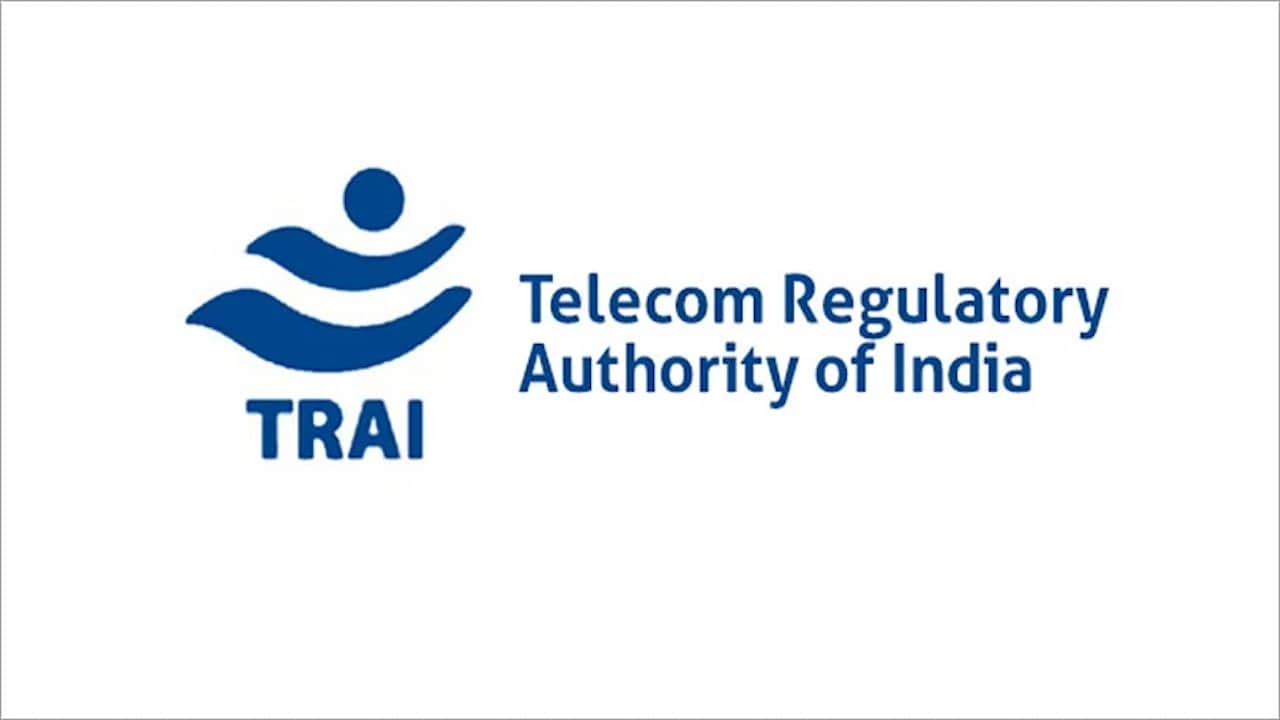In a bid to fight the issue of spam through Unsolicited Commercial Communications (UCC), the Telecom Regulatory Authority of India (TRAI) has introduced some new protocols.
The regulatory body has taken various measures to curb UCC in the recent past. They issued a direction dated 02.06.2023 under TCCCPR-2018 to all the Access Providers to develop and deploy the Digital Consent Acquisition (DCA) facility for creating a unified platform and process to register customers’ consent digitally across all Access Service Providers and Principal Entities (PE).
Under the prevailing system, consent is managed independently by various PEs, making it challenging for Access Providers to verify the authenticity of consents. The DCA process is designed to address this by allowing the seeking, maintenance, and revocation of consents as outlined in TCCCPR-2018. The collected consent data will be shared on a Distributed Ledger Technology (DLT) Platform established for Commercial Communications, facilitating scrutiny by all Access Providers.
To streamline the process, a common short code ‘127xxx’ will be used for sending consent-seeking messages. These messages will clearly state the purpose, scope of consent, and the Principal Entity/Brand name. Only whitelisted URLs, APKs, OTT links, Call Back numbers, etc., will be permitted in these messages. The confirmation messages will include information on revoking consent, and Access Providers will develop an SMS/Online facility for customers to register their unwillingness to receive consent-seeking messages from any Principal Entity.
With the implementation of DCA, existing consents acquired through alternative means will become null and void. Principal Entities are urged to promptly take the necessary steps to onboard the DCA system within the prescribed timelines outlined in the directive dated 02.06.2023.
